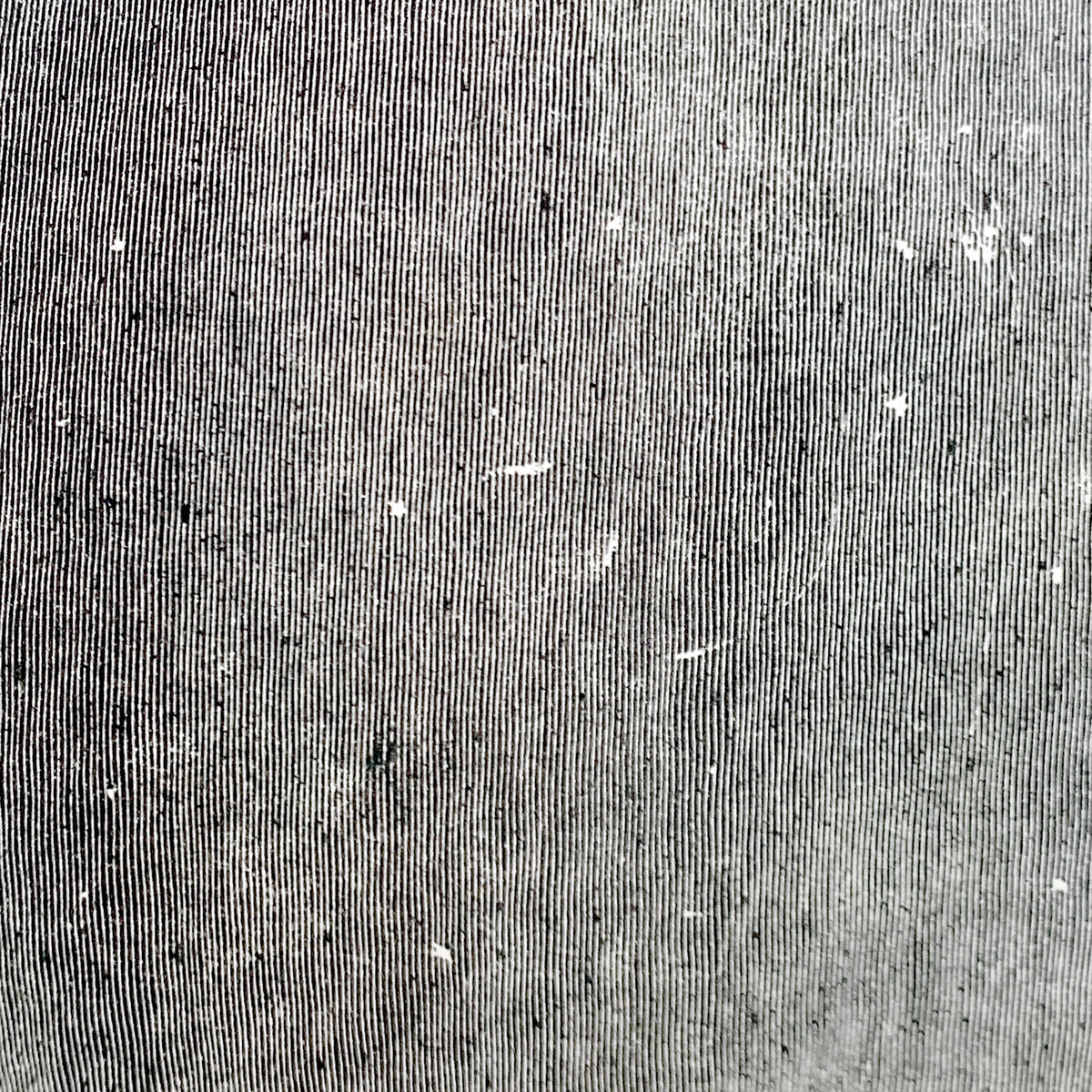 Low
Low
HEY WHAT
SUB POP
8/10
There’s barely a moment’s silence on HEY WHAT, Low’s 13th full-length album in their nearly 30 years of existence. That’s because underneath the 10 songs on this record, there’s a constant, gentle, undulating noise that links almost all of them together. That subtle, soothing hum serves as a placid, peaceful, and portentous undercurrent to the melodies that weave, kindly but also menacingly, through it. In fact, there are moments—most notably on “Disappearing”, “Hey,” and “Days Like These,” tracks four, five, and six respectively—where these are less songs than they are manifestations of the frequency of existence. The latter track, for instance, fades into what appears to be silence, but turn the volume up enough and you realize it’s the sound of dead air, the heaviness of existence, the weight of the world. That then morphs into a track descriptively titled “There’s a Comma After Still” that’s essentially two minutes of static, which feels like the moment after death, everything and nothing all at once.
Yet while that dark and foreboding atmosphere is hard to ignore, at other times songs do manage to free themselves from it just long enough to assert themselves on their own terms. The dark, cold, and robotic pulse of the opener “White Horses” is the sound of an alternative future collapsing in on itself. That then segues seamlessly into the minimal “I Can Wait,” and the repeated chant of that title is the closest this record comes to an actual chorus—and a catchy one at that.
Sparse and haunted, experimental and futuristic, HEY WHAT might lack the warm-but-downtrodden majesty of, say, Things We Lost in the Fire, but the cold, cruel world of this record is no less enthralling. That’s nowhere more the case than on the final track “The Price You Pay (It Must Be Wearing Off).” Meditative and hypnotic, it’s the perfect dystopian soundtrack, one that builds and builds and builds and builds to become increasingly apocalyptic, until the end of the world is bearing down in a series of disjointed, industrial, and discordant noises. And then, there it is: an actual moment of silence before the song’s coda kicks in, and the album ends—and the world, and our perception of reality with it.







